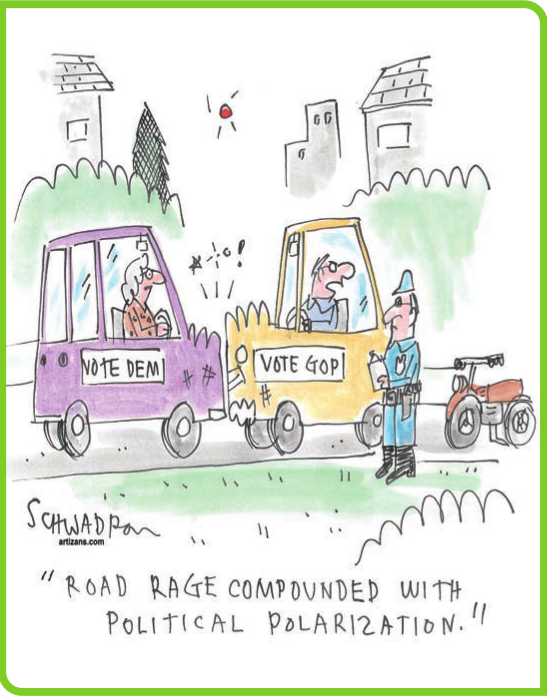EMBRACING A DIVERSE WORKFORCEAt Deo Mwano Consultancy, we define diversity as the individual characteristics that make us unique, including a person’s lived experience. Diversity may include, but is not limited to, race, gender, religion, sexual orientation, gender identity and expression, ethnicity, nationality, socioeconomic status, language, ability, mental health, age, religious commitment and political perspective.
Acknowledging our diversity is acknowledging our humanity. As humans, we are not monolithic. We have different attributes and characteristics that shape us internally and externally. So when we say diversity, we are actually referring to our humanity. If you look at the history of any oppressed, abused or excluded group, it always begins with dehumanization. They were categorized as less equal, less human, in order to justify the actions taken against them.
Our diversity is where we start. But not even all of our diverse characteristics are treated equally. Treatment is influenced by the preferences of a given community, by history or by the people who make the rules and govern. When we dig deeper, we find many of these preferences are arbitrary and have no relevance to those who are living, operating in or leading that environment. If we are not intentional in evaluating the influences that lead to exclusion, we will miss the opportunity to confront the negative point of views that perpetuate hate, favoritism, discrimination, racism, persecution and genocides.
As humans, we seek to discover ourselves, make meaning from our experiences and find a way to thrive. As we do that, we act within the rules and regulations we’ve created as a community. Some of those rules exclude others, going against certain diversity categories.
Those diversity characteristics can be seen externally: skin color, body shapes, hair texture, height, disability. There is also diversity among us that cannot be seen, internal diversity: religion, education, personal experiences, political affiliations, mental health and emotional triggers. Internal diversity is often censored based on a given setting and related expectations of communication and behavior.
Whether it’s an internal or external trait, how we are treated depends entirely on the community and setting. Once we have acknowledged the uniqueness of our humanity, our diversity, we should move to learning mode to create an intentionally welcoming and inclusive space, an environment of humility, trust, honesty and accountability. What we learn from one another will help to create an environment that represents every community member. A learning environment grounded in empathy, for ourselves and others, will help us in celebrating everyone’s uniqueness — their diversity, their humanity.
Deo Mwano is a business owner and community advocate based in Manchester.
